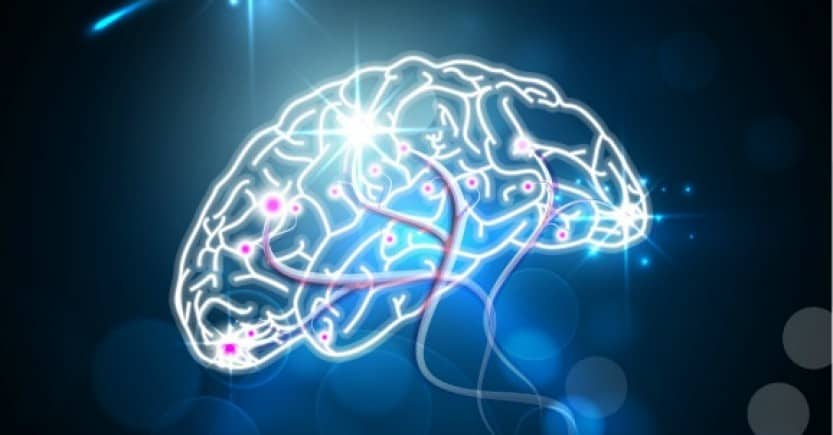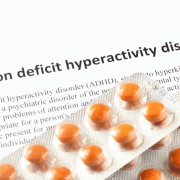Methylation, Epigenetics, and Mental Health (Premium)
William J. Walsh, PhD; Walsh Research Institute (Naperville, IL)
The new science of epigenetics has revolutionized our understanding of the brain and is providing a roadmap for development of improved treatments for clinical depression, schizophrenia, autism, ADHD, and criminal behavior. We are learning that many brain disorders result from environmental insults that cause certain genes to behave abnormally. For example, toxic exposures or nutrient imbalances can alter gene expression rates and may be the root cause of numerous mental disorders. Most epigenetics research is presently aimed at identifying advanced drugs that can normalize gene expression rates, but there is growing evidence that treatment using vitamins, minerals, and other natural substances may be equally effective. Psychiatric medications have served society well for the past 50 years, but the need for drug therapies may fade away as science advances.









